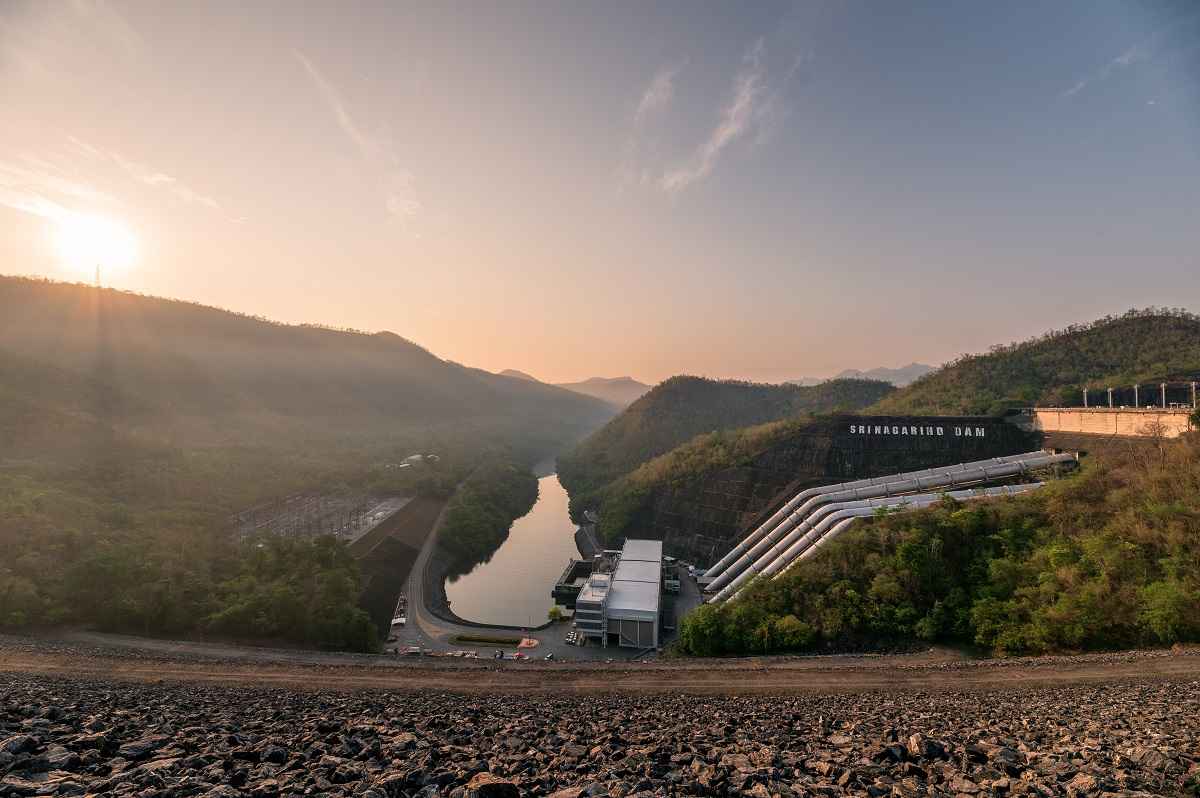What Are Hydropower Systems?
Hydropower systems are technologies that harness the energy of flowing or falling water to generate electricity. This form of renewable energy relies on the natural water cycle, making it a sustainable and reliable source of power. Hydropower systems are one of the oldest and most widely used renewable energy sources, providing clean electricity without emitting greenhouse gases. There are several types of hydropower systems, including run-of-the-river, reservoir-based hydroelectric plants, and pumped storage hydroelectric plants.
Run-of-the-river hydropower systems generate electricity using the natural flow of rivers without the need for large reservoirs. These systems have a minimal environmental impact and are ideal for regions with steady river flows. Reservoir-based hydroelectric plants, also known as dam-based hydropower, store water in large reservoirs and release it to generate electricity. These systems can provide a consistent and controllable source of energy. Pumped storage hydroelectric plants use excess electricity to pump water to higher elevations, storing energy for later use when demand is high.
An essential aspect of hydropower systems is turbine technology. Hydropower turbines convert the kinetic energy of flowing or falling water into mechanical energy, which is then transformed into electricity by generators. The design and efficiency of turbines play a critical role in the performance of hydropower systems.
Hydropower systems also involve water resource management and environmental considerations. While hydropower is a renewable source of energy, it can impact ecosystems and local communities. Proper planning and management are required to minimize these impacts and ensure sustainable use of water resources.
Why Learn About Hydropower Systems Nowadays?
Learning about hydropower systems is more relevant than ever as the world focuses on renewable energy and sustainability. Hydropower systems provide a significant portion of the world’s renewable energy, and their role in reducing carbon emissions and promoting energy security is crucial. Here are a few reasons why learning about hydropower systems is valuable:
First, hydropower systems are essential for sustainable energy production. Hydropower is a renewable source of energy that produces electricity without emitting greenhouse gases. By learning about hydropower systems, you gain the skills to contribute to a more sustainable energy landscape.
Second, hydropower systems play a key role in energy storage and grid stability. Pumped storage hydropower plants can store excess energy by pumping water to higher elevations and releasing it when energy demand is high. This ability to store energy and provide grid stability is critical for supporting other renewable energy sources like solar and wind.
Third, learning about hydropower systems offers a wide range of career opportunities. Professionals with skills in hydropower can work in various industries, including renewable energy, environmental engineering, and water resource management. The ability to design and manage hydropower systems is highly valued, providing career growth and development opportunities.
Additionally, hydropower systems are central to energy independence. As countries seek to reduce their dependence on imported energy sources, hydropower provides a reliable and domestic source of energy. This focus on energy independence is crucial for promoting energy security and reducing geopolitical risks.
Work in Hydropower Systems
Working in hydropower systems involves a variety of tasks, from designing hydropower installations to managing hydropower projects and conducting research on water resource management. Hydropower engineers and technicians collaborate with various stakeholders, including energy companies, environmental agencies, and regulatory bodies, to ensure the successful implementation of hydropower projects.
A typical day for a hydropower professional might include conducting site assessments, designing turbine systems, and coordinating with project teams. Hydropower engineers use tools like computer-aided design (CAD) software, hydraulic modeling programs, and project management platforms to design efficient hydropower systems and track project progress. They also work on water resource management to ensure that hydropower systems are sustainable and compliant with environmental regulations.
Hydropower professionals often specialize in specific areas, such as turbine design, dam engineering, or pumped storage hydropower. Each specialization requires unique skills and knowledge. For example, turbine designers focus on the mechanical aspects of hydropower, while dam engineers ensure the structural integrity of reservoirs and dams.
The work environment for hydropower systems can vary, with professionals spending time in offices, on-site at hydropower installations, and in the field conducting site assessments. This variety adds to the appeal of the career, offering a mix of technical tasks and hands-on project management.
Career progression in hydropower systems can lead to roles like senior hydropower engineer, project manager, or director of hydropower projects. With experience, hydropower professionals may move into leadership positions, overseeing hydropower departments and driving renewable energy strategies. Some hydropower professionals also choose to work in consulting, providing hydropower expertise to various organizations.
Overall, working in hydropower systems offers a dynamic career with opportunities for growth and specialization. It combines engineering expertise with environmental sustainability, providing a fulfilling field for those who enjoy promoting renewable energy and contributing to a cleaner energy future.
Why Are Hydropower Systems Crucial for Innovation?
Hydropower systems are crucial for innovation because they provide a renewable and sustainable source of energy that drives business growth and reduces environmental impact. Hydropower systems offer a reliable alternative to fossil fuels and promote the development of energy-efficient technologies. Here are some reasons why hydropower systems are key to innovation:
First, hydropower systems foster sustainable energy innovation. By harnessing the power of flowing or falling water, these systems reduce reliance on fossil fuels and lower greenhouse gas emissions. This focus on sustainability drives innovation by encouraging the development of cleaner and more efficient energy solutions.
Second, hydropower systems support energy storage and grid stability. Pumped storage hydropower allows for energy storage by pumping water to higher elevations, providing a source of energy when demand is high. This focus on energy storage drives innovation by supporting other renewable energy sources and promoting grid stability.
Third, hydropower systems are essential for energy independence. As countries seek to reduce dependence on imported energy sources, hydropower provides a reliable and domestic source of energy. This energy independence fosters innovation by encouraging the exploration of new energy solutions and business models.


